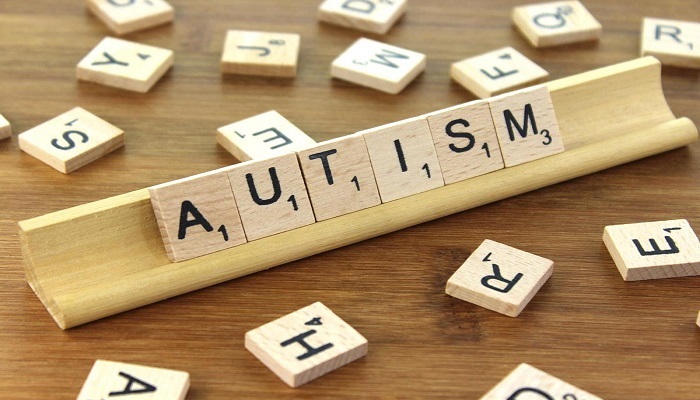Early Autism Diagnosis
An ocean of doubt: The wait can be excruciating for millions of families who are navigating the murky seas of an autistic spectrum disorder (ASD) diagnosis. Conventional approaches frequently depend on behavioural observations, which makes parents, kids, and experts want for a more straightforward and efficient approach. But what if the key was hidden in a tiny window—the human eye itself?
Table of Contents

Recent advances in science have revealed an exciting possibility:
Early Autism Diagnosis
diagnosing autism with startling precision through AI-powered analysis of retinal pictures. Research shows that it is 95% successful to differentiate between people with ASD and their neurotypical peers. Is this the game-changer that families have been waiting for?
Using the power of pixels:
Early Autism Diagnosis
Scientists examine the intricate structure of the retina to look for minute structural variations that might act as biomarkers for autism. There appear to be hints whispered by the optic disc, the meeting point of nerves that connect the eye and brain. AI systems are able to interpret these complex whispers after being trained on datasets of retinal scans. This allows them to potentially spot patterns that are imperceptible to the human eye.
A hope ray that isn’t a sunbeam:
Early Autism Diagnosis
Even if the outcomes are unquestionably thrilling, care must be taken. These studies’ sample sizes are still somewhat limited, necessitating larger and more varied population-based studies. The complex character of autism also gives rise to worries. Ignoring behavioural and developmental factors and relying just on retinal scans runs the danger of producing erroneous and possibly misleading diagnoses.
Getting through the ethical maze:
Early Autism Diagnosis
Just like with any powerful technology, ethical issues require careful thought. We need to address both potential bias in AI systems and data privacy. Maintaining equity and inclusiveness in this domain is essential to avoid escalating already-existing inequalities in healthcare access.
A view of the future via a lens:
Early Autism Diagnosis
The potential of AI-assisted retinal scan diagnosis is evident, notwithstanding the challenges. Imagine a scenario in which a rapid, non-invasive test could provide early detection, opening the door to prompt interventions and improved family support. AI in conjunction with tried-and-true diagnostic techniques may provide a more complete picture and help medical professionals gain a precise and nuanced understanding of each patient.
Looking past the hype:
Early Autism Diagnosis
Keep in mind that AI is still a tool, not a panacea. Its potential for diagnosing autism should be embraced, but humanity must always come first. Clinical knowledge, compassion, and thorough assessments will always be essential.
Early Autism Diagnosis Let’s welcome the promise of artificial intelligence, but let’s do it with cautious optimism and a dedication to morally sound growth. Then, maybe, by looking into the human eye, we might actually unlock a better future for those affected by autism and their families, in addition to diagnoses.


